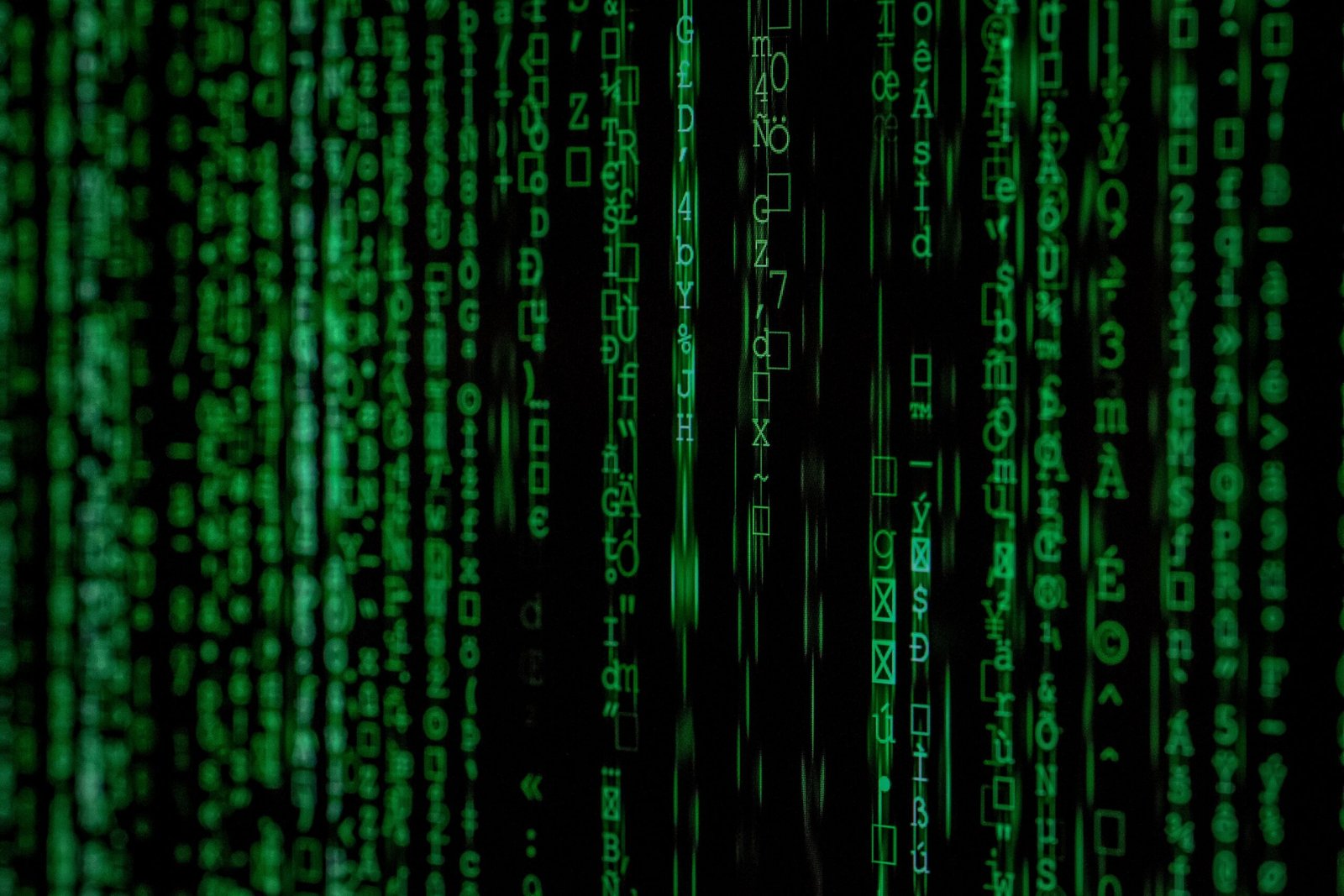
The Role of Digital Forensics in Uncovering Cyber Crimes in 2024
In today’s digital age, the world is becoming increasingly interconnected, with more and more aspects of our lives being conducted online. While this brings numerous benefits and conveniences, it also opens up new avenues for criminal activity. Cyber crimes, such as hacking, identity theft, and online fraud, have become a growing concern for individuals, businesses, and governments alike. To combat these threats, the field of digital forensics has emerged as a crucial tool in uncovering and prosecuting cyber criminals.
The Evolution of Digital Forensics
Digital forensics, also known as computer forensics, is the process of collecting, analyzing, and preserving electronic evidence to investigate and prevent cyber crimes. Over the years, digital forensics has evolved in response to the ever-changing landscape of technology and cyber threats.
In 2024, digital forensics will continue to play a pivotal role in uncovering cyber crimes. With advancements in technology, criminals are becoming more sophisticated in their methods, making it increasingly challenging to detect and investigate their activities. Digital forensics experts are at the forefront of developing new techniques and tools to stay one step ahead of cyber criminals.
The Importance of Digital Forensics in Cyber Crime Investigations
Digital forensics is essential in cyber crime investigations for several reasons:
1. Identifying the Culprit
One of the primary objectives of digital forensics is to identify the individuals or groups responsible for cyber crimes. By analyzing digital evidence, such as log files, network traffic, and metadata, digital forensics experts can trace the origin of an attack and gather information about the perpetrators.
2. Collecting Evidence
Digital forensics plays a crucial role in collecting and preserving evidence that can be used in court to prosecute cyber criminals. This includes gathering data from computers, mobile devices, and other digital storage media, as well as recovering deleted or encrypted files.
3. Understanding the Methods Used
By studying the techniques and tools used by cyber criminals, digital forensics experts can gain valuable insights into their modus operandi. This information can then be used to develop countermeasures and improve cybersecurity practices to prevent future attacks.
The Challenges of Digital Forensics in 2024
While digital forensics is an invaluable tool in combating cyber crimes, it also faces several challenges in 2024:
1. Encryption and Anonymity
As encryption technologies become more prevalent, criminals can hide their activities behind layers of encryption, making it difficult for digital forensics experts to access and analyze the data. Additionally, the use of anonymizing tools, such as virtual private networks (VPNs) and the Tor network, further complicates the process of identifying and tracking cyber criminals.
2. Rapidly Evolving Technology
The rapid pace of technological advancements poses a challenge for digital forensics. New devices, applications, and communication methods constantly emerge, each with its own unique forensic challenges. Digital forensics experts must continually update their skills and knowledge to keep up with these developments.
3. International Jurisdiction
Cyber crimes often transcend national borders, making it difficult to coordinate investigations and share information between different jurisdictions. Digital forensics experts must navigate complex legal frameworks and establish international partnerships to effectively combat cyber crimes.
The Future of Digital Forensics
Looking ahead to the future, digital forensics will continue to evolve and adapt to the ever-changing cyber threat landscape. Here are some potential developments we may see in the field:
1. Artificial Intelligence and Machine Learning
Artificial intelligence (AI) and machine learning (ML) technologies have the potential to revolutionize digital forensics. These technologies can automate the analysis of large volumes of data, identify patterns, and detect anomalies more efficiently than humans alone. By leveraging AI and ML, digital forensics experts can speed up investigations and uncover hidden connections between cyber crimes.
2. Blockchain Forensics
As blockchain technology becomes more prevalent, digital forensics experts will need to develop specialized techniques to investigate crimes involving cryptocurrencies and decentralized applications. Blockchain forensics will involve tracing transactions, analyzing smart contracts, and identifying suspicious activities within blockchain networks.
3. Collaboration and Knowledge Sharing
In the fight against cyber crimes, collaboration and knowledge sharing among digital forensics experts will be crucial. By establishing international networks and sharing best practices, professionals in the field can stay up to date with the latest techniques and collectively tackle the challenges posed by cyber criminals.
Conclusion
In conclusion, digital forensics plays a vital role in uncovering and prosecuting cyber criminals. As technology continues to advance, so too must the field of digital forensics. By staying at the forefront of technological developments and collaborating with international partners, digital forensics experts can continue to effectively combat cyber crimes and ensure a safer digital future.